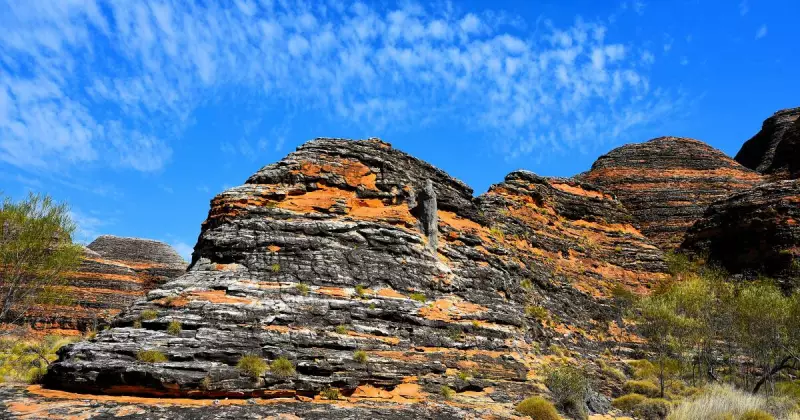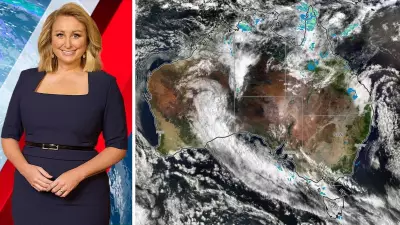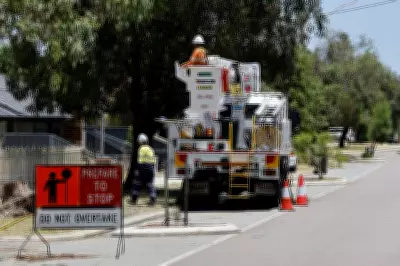
Australia faces one of the world's worst extinction records with over 2,142 species now on the endangered list, according to environmental experts who argue that human indifference remains the primary cause of this ecological catastrophe.
The Real Drivers Behind Australia's Biodiversity Loss
While climate change often dominates environmental discussions, Dr Graham Clews from Kambah contends that it has contributed little to extinctions and declining abundance thus far, though this is likely to change in the future. The core problem lies elsewhere.
The primary cause of Australia's environmental decline stems from human population size and growth, consumption patterns, and destructive activities including the wilful introduction of feral species and irresponsible pet management. This perspective challenges conventional thinking about environmental protection.
Environmental Laws and Population Policy
Dr Clews argues that unless Environment Minister Tanya Plibersek's environmental laws address population growth directly, they will achieve little beyond managing decline. He proposes a straightforward solution: reducing immigration to approximately 65,000 people annually to effectively end population growth.
"We deceive ourselves if we believe otherwise," Dr Clews warns, emphasising that without this fundamental change, environmental legislation will remain ineffective against the tide of species loss.
Broader Community Concerns on Environmental Governance
The criticism of Australia's environmental approach extends beyond population policy. Anne O'Hara from Wanniassa echoes concerns raised by environmentalist Bob Brown, noting that proposed amendments to environmental laws contain "loopholes large enough to drive a truck through."
Key concerns include provisions allowing environmental ministers to veto their own departments' recommendations and the failure to account for climate change impacts in environmental assessments.
Edwina Barton from Braddon takes a stronger stance, labelling politicians who deny climate change and biodiversity loss as "ecological holocaust deniers." She specifically calls out Barnaby Joyce for maintaining what she describes as "wilful ignorance" despite having access to scientific evidence and government resources.
As Earth passes another tipping point with ocean acidification, the moral responsibility of political leaders faces increasing scrutiny from concerned citizens and experts alike.
Contrasting Views on Government Environmental Spending
Meanwhile, community members question government spending priorities during the cost-of-living crisis. David Cummins from Kambah contrasts the prospect of spending $2 billion on hosting COP31 with the ongoing neglect of infrastructure projects like the Barton Highway upgrade.
M. Flint from Greenway echoes this sentiment, describing the proposed COP31 expenditure as "insanity" and "a hugely expensive ego trip" that will have "absolutely zero impact on climate change."
These contrasting perspectives highlight the complex challenges facing Australia as it attempts to balance immediate community needs with long-term environmental sustainability.





